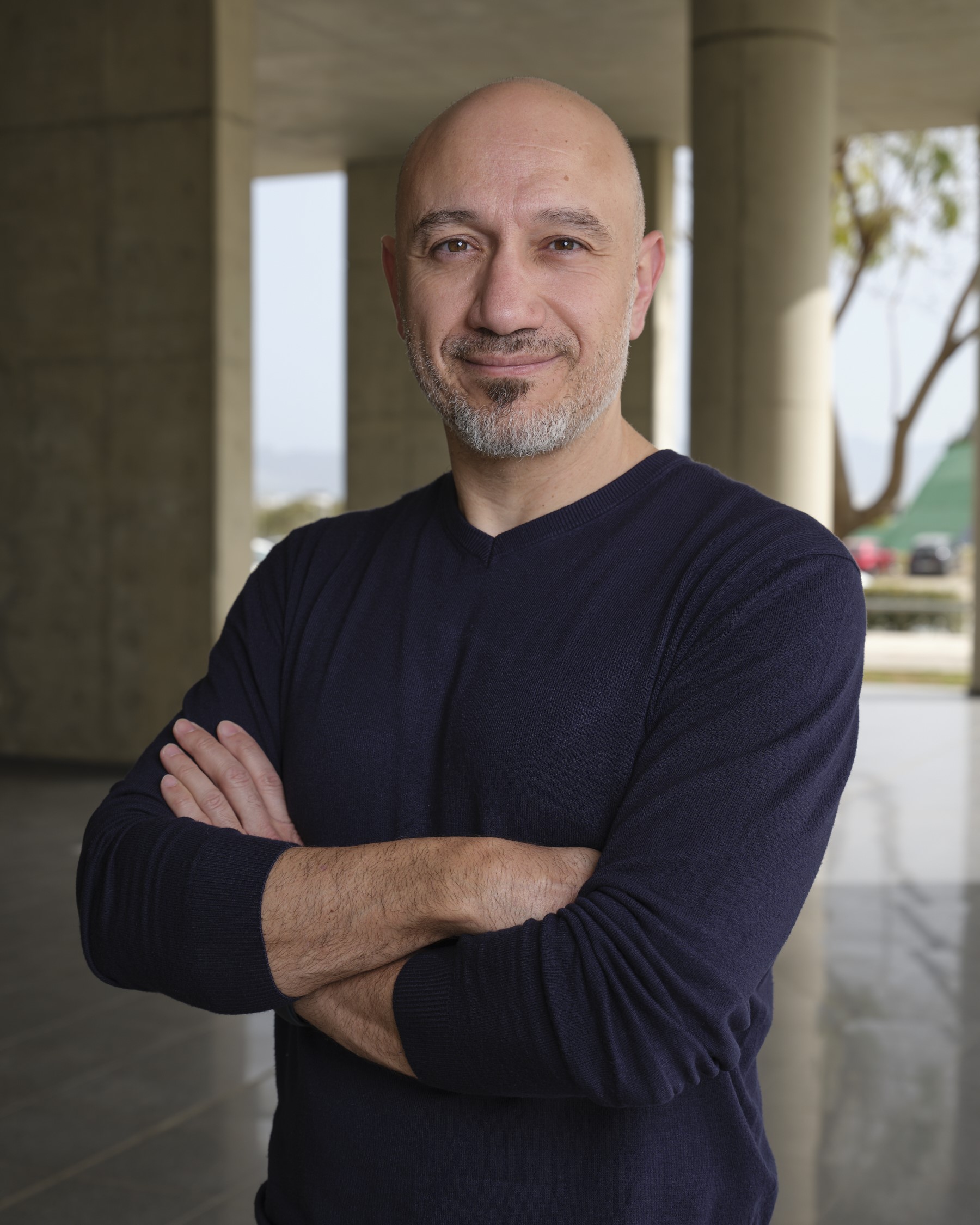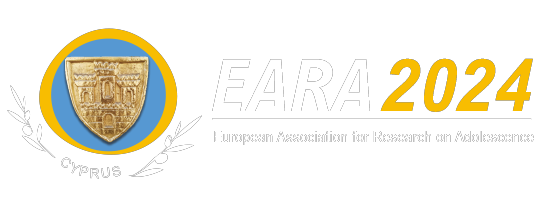Keynotes

Marlis Buchmann
Professor of Sociology, University of Zurich, Switzerland
Civic engagement and expressions of solidarity during adolescence: The role of developmental antecedents and social change
Democratic societies depend on the civic orientation and communal engagement of the populace to function effectively. Adolescence represents a stage of life when these civic virtues develop. As most related research is cross-sectional, the evolution of civic engagement in this life stage and the role of developmental precursors (e.g., socio-cognitive, socio-emotional competencies) in this development have been largely ignored. However, it is imperative to gather evidence on developmental aspects that may promote or impede the development of civic engagement in adolescence. As societies are changing rapidly, it is also important to understand how social change is associated with the development of various components of civic engagement during adolescence. To date, little is known about whether adolescents’ civic development has changed over the past decades as only few studies consider the role of historical change in developmental change. To fill this gap, different facets of social change of the past decades are addressed. Their role for differences in the development of civic engagement across cohorts is then identified. A particularly challenging test case for adolescents’ investment in the greater common good is the expression of solidarity in times of crisis, such as the COVID-19 pandemic. Not many studies have investigated young people’s solidarity responses to this global health crisis, as most research focused on young people’s experience of emotional distress, mental health, and well-being, shedding light on risk and protective factors. As important as these studies are, it is also crucial to illuminate the role of developmental antecedents that may later shape adolescent high solidarity during times of crisis.

Kostas A. Fanti
Professor of Developmental Psychology, University of Cyprus, Cyprus
Callous unemotional traits, emotional processing, and pathways to antisocial behavior: Evidence from empirical and intervention studies
Much of contemporary research on conduct disorder (symptoms include aggression, theft, lying, delinquency, and bullying) and antisocial behavior focuses on callous-unemotional traits (i.e., lack of empathy/guilt, uncaring attitudes) among children and adolescents, owing to the ability of this deficient affect dimension to differentiate antisocial youth. This distinction also serves to identify antisocial children characterized by a unique combination of clinical features and neurocognitive disturbances. Three neurocognitive impairments are proposed to selectively underlie the clinical symptoms of the callous-unemotional subtype of conduct disorder: insensitivity to others’ distress, reduced threat sensitivity, and impaired decision-making. Results from studies examining these impairments using multiple neuro-physiological measures, neuropsychological tests, eye-tracking methodology, and assessment of facial expressions will be presented. Evidence of how these children’s fearlessness and inability to react to others distress and sadness influence their well-being as well as the well-being of their parents (i.e., parental distress and conflict) and peers (i.e., victimization) will also be discussed. Further, the callous-unemotional subtype of conduct disorder will be examined in relation to other subtyping approaches, including co-occurrence with anxiety and additional dimensions of psychopathy. Finally, findings from school prevention programs, parenting interventions, and biologically informed treatments designed to alter the identified behavioral, emotional, and neurocognitive impairments among antisocial children high on callous-unemotional traits will be provided. These different lines of work can inform developmental models of antisocial behavior, screening protocols that aim to assess risk for future behavioral problems, and clinical practice.

Panayiota Kendeou
Professor of Educational Psychology, University of Minnesota, USA
Education in the Age of Artificial Intelligence (AI): Implications for Theory and Instruction
In today’s rapidly evolving digital landscape, AI has emerged as a transformative force, which will likely reshape our society in many ways. AI is not only transforming industries and our day-to-day lives, but also reshaping the very fabric of education. The increasing ubiquity of AI must be met with many opportunities for students to develop knowledge and skills about how AI works and how it is deployed – that is, to develop AI Literacy. In this talk, I will present what we know about AI Literacy and innovative ways it can be taught in middle and high school students in order to promote citizenship and well-being. We define AI Literacy as a set of competencies that enables individuals to understand how AI technologies work, critically evaluate them, and communicate and collaborate effectively with them in real-world contexts. With the rapid development and proliferation of Large Language Models (LLMs), such as ChatGPT, as well as AI-based systems more generally, it has become essential for students to have opportunities to develop such knowledge and skills. However, practice has not kept up with these research advancements. As one example, generative AI has the potential to generate highly realistic and sophisticated text, images, and videos, which raises concerns about their misuse, misinformation propagation, and potential biases, especially for our youth.

Michael Pluess
Professor of Developmental Psychology, University of Surrey, UK
More than Resilience: Positive Development
Traditionally, much research in psychology, and specifically developmental psychopathology, has focused on investigating factors that predict the development of problematic outcomes. As a consequence, we know a lot about how problematic behaviours develop which is important for preventative efforts. However, less is known about positive development which describes the development of desirable and positive outcomes, including well-being. In my talk I will discuss and contrast different conceptualisations of positive development, from resilience research, and positive psychology, to Positive Youth Development (PYD). I will then propose an integrated theoretical perspective on positive development which focuses on a range of key competences as the building blocks of well-being. This new model suggests that positive development should reflect more than the absence of problematic outcomes (e.g., not being aggressive or antisocial) and, therefore, goes beyond models of resilience. I will then discuss three existing challenges regarding our understanding of positive development and propose solutions based on recent empirical research from my group and others. Firstly, much developmental research is observational which does not allow for causal interpretation. However, recent advances in statistical methodology allow for the application of causal inference methods to longitudinal cohort data. I will present recent examples from my research group regarding the development of cognitive ability and mental health. Secondly, research with a focus on positive outcomes often fails to consider individual differences. I will introduce the concept of Vantage Sensitivity and provide empirical evidence that young people differ in their response to positive influences as a function of Environmental Sensitivity, a common trait that reflects an individual’s degree of perceiving and processing information about their environment. Finally, many associations between predictors and outcomes in developmental research are confounded by genetic factors. I will present examples of gene-environment interaction and correlation based on polygenic scores from genome-wide associations studies.
